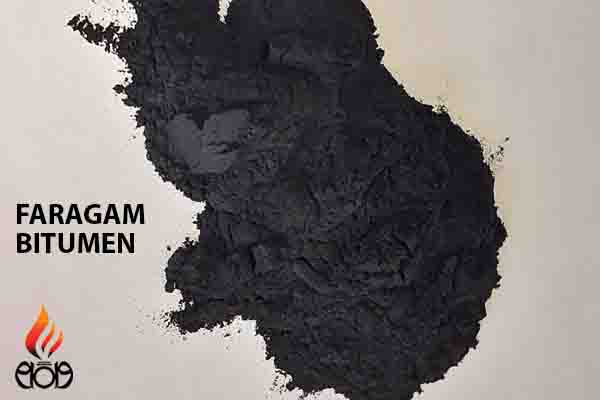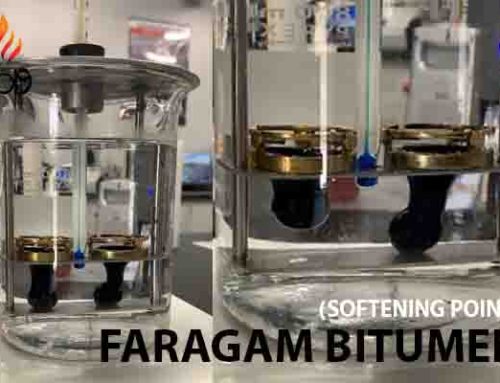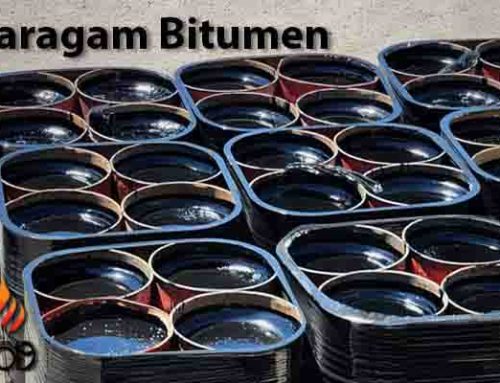
Gilsonite in Ink
Gilsonite in Ink Manufacturing: Enhancing Quality and Performance
Introduction
Gilsonite is a naturally occurring solid hydrocarbon resin, widely recognized for its unique physical and chemical properties. Traditionally used in asphalt and coatings, it has gained significant importance in ink manufacturing. By incorporating Gilsonite into ink formulations, manufacturers can improve adhesion, gloss, durability, and flow properties, resulting in higher-quality prints and optimized production processes. This article explores the role of Gilsonite in modern ink production, highlighting its technical advantages and industrial relevance.
Improving Adhesion and Print Quality
One of the key challenges in ink production is ensuring strong adhesion to diverse surfaces, including paper, cardboard, metal, and industrial packaging. Gilsonite’s high resin content and compatibility with other ink components allow it to enhance bonding properties, ensuring that printed designs remain intact over time. Improved adhesion is particularly crucial for labels, packaging materials, and promotional printing, where durability and visual clarity directly influence product perception.
Additionally, Gilsonite contributes to uniform film formation, reducing the risk of smudging or fading. This results in consistent color application and sharper details, which are critical factors for high-resolution printing techniques such as offset, flexography, and gravure.
Enhancing Gloss, Color Density, and Durability
In addition to adhesion, Gilsonite plays a significant role in improving the visual characteristics of inks. It increases both gloss and color density, giving printed materials a richer and more vibrant appearance. For luxury packaging, advertising materials, and consumer products, this effect enhances the perceived value of the printed item.
Gilsonite also improves durability under environmental stress. Inks formulated with this natural resin exhibit higher resistance to scratches, moisture, and UV exposure, making them suitable for outdoor applications, industrial labeling, and food packaging. Its protective properties extend the lifespan of printed materials, reducing maintenance and replacement costs while maintaining high-quality visual output.
Optimizing Flow, Viscosity, and Sustainability
Controlled viscosity and smooth flow are essential in industrial ink production. Gilsonite contributes to better rheological behavior, enabling inks to flow consistently during printing processes. This ensures uniform coverage, reduces clogging in printing equipment, and enhances efficiency in large-scale production.
Furthermore, the use of Gilsonite can reduce reliance on synthetic resins and chemical additives, providing a more cost-effective and environmentally friendly alternative. Its natural origin aligns with growing industry trends toward sustainable and eco-conscious manufacturing, making it an attractive choice for companies looking to improve both performance and environmental responsibility.
Conclusion
Gilsonite is a versatile natural resin that significantly enhances the performance, durability, and visual quality of inks. By improving adhesion, gloss, color density, and flow properties, it enables ink manufacturers to produce high-quality, long-lasting prints for a wide range of industrial and commercial applications. Additionally, its cost-efficiency and sustainability benefits make it a strategic ingredient in modern ink formulations. Incorporating Gilsonite not only ensures superior product performance but also supports manufacturers in meeting evolving market demands and environmental standards.
Specifications of Gilsonite Powder Used in Ink
In the ink manufacturing industry, Gilsonite powder is used as a natural carbon-rich resin that enhances blackness, gloss, and adhesion of printing inks. For optimal performance, manufacturers typically use high-purity Gilsonite with low ash content and controlled particle size.
The most common grades are 200 mesh and 325 mesh, depending on the type of ink formulation.
- 200 mesh Gilsonite is used for gravure and flexographic inks, where a moderate dispersion level and high color strength are required.
- 325 mesh Gilsonite offers finer dispersion, making it suitable for offset and high-quality printing inks, where smoothness and stability of the pigment are essential.
Regarding packaging, Gilsonite powder is usually supplied in:
- 25 kg multi-layer kraft paper bags with inner polyethylene liners for moisture protection;
- jumbo bags (500–1000 kg) for bulk export shipments;
- upon customer request, sealed PP bags or palletized shrink-wrapped loads are also available to ensure safe transport and storage.
Proper packaging is crucial since Gilsonite is sensitive to moisture and dust contamination, which can affect ink performance. Exporters like Faragam Bitumen ensure that the powder is finely sieved, dust-free, and packed under controlled conditions to maintain consistency and quality for industrial ink producers.



